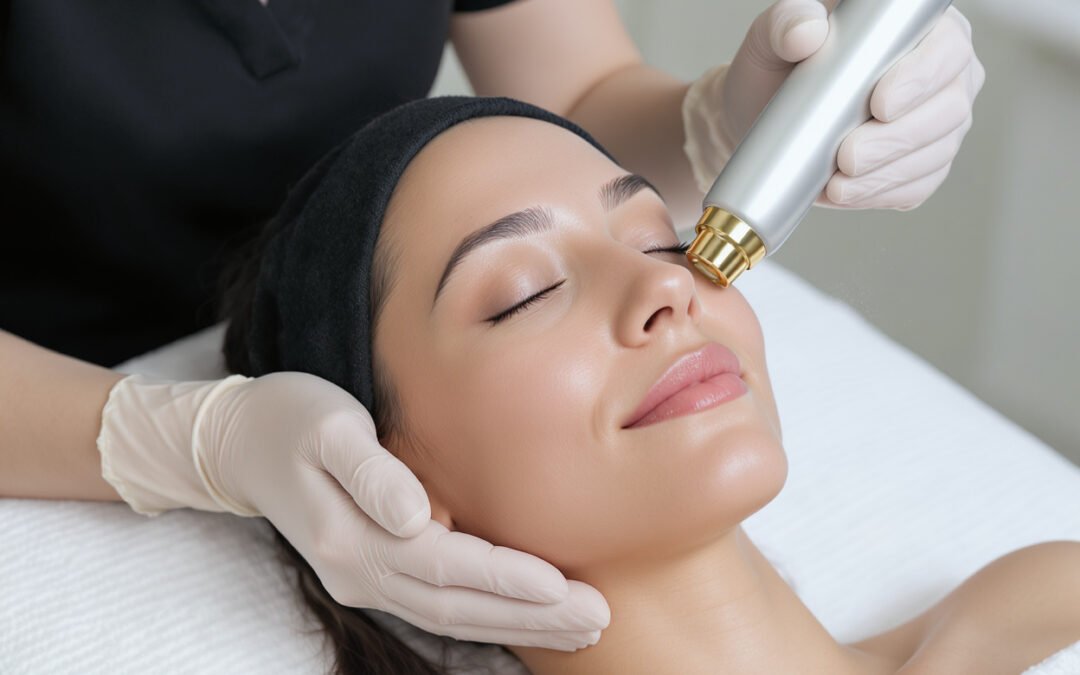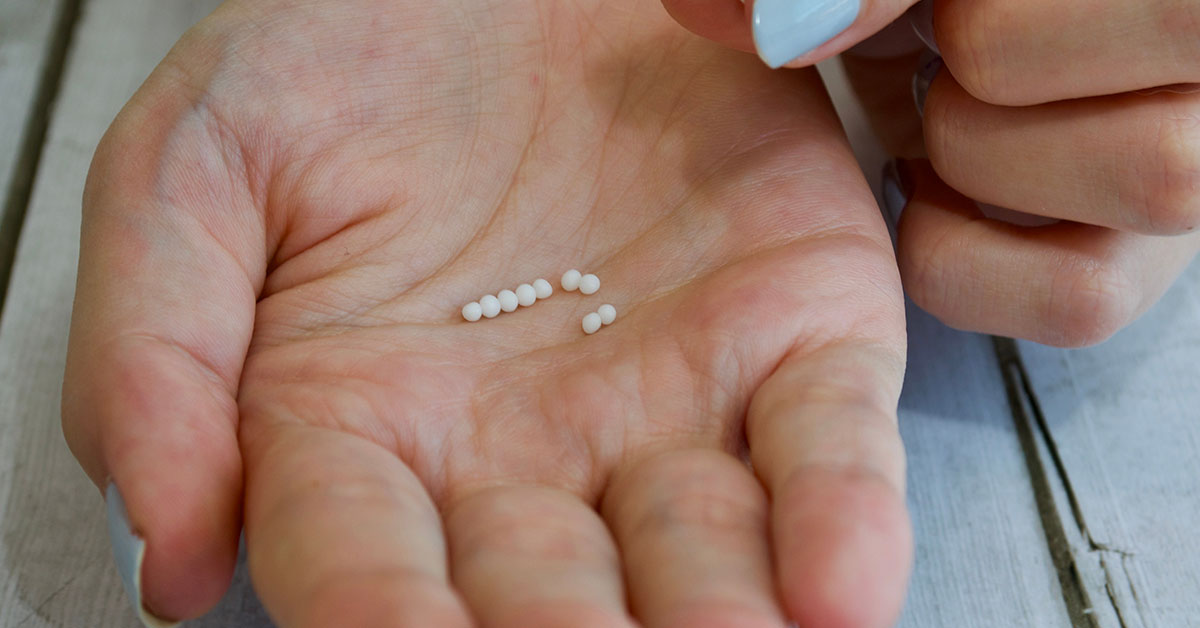
The Myths and Realities of Growth Hormone Therapy: What You Need to Know
TABLE OF CONTENTS
Growth hormone (GH), also known as somatotropin, is a peptide hormone that plays a critical role in growth, body composition, cell repair, and metabolism. It is secreted by the pituitary gland and is crucial for normal physical growth in children. In adults, it helps to maintain body composition and affects bone density, muscle mass, and fat distribution. This article explores the function of growth hormone, its effects on the body, and how it’s used in medicine and bodybuilding.
What is Growth Hormone?
Growth hormone is vital for growth and development. It stimulates growth and cell reproduction, particularly during childhood and adolescence. GH levels naturally decline with age, leading to changes in metabolism, energy levels, and muscle mass. This hormone impacts several bodily processes, including the regulation of body composition, muscle and bone growth, sugar and fat metabolism, and heart function.
Functions of Growth Hormone
1. Growth Promotion
The primary role of GH in children is to promote growth in bones and tissues. It stimulates the liver and other tissues to produce insulin-like growth factor 1 (IGF-1), which mediates many of the anabolic (tissue-building) effects of GH. Children with GH deficiency grow significantly slower than their peers and may develop shorter stature if not treated.
2. Metabolism Regulation
In adults, GH plays a role in regulating metabolism. It influences how the body metabolizes fats and carbohydrates, maintaining energy balance. Increased GH levels can enhance lipolysis (the breakdown of fats) and reduce obesity. It also helps to regulate blood sugar levels, enhancing glucose uptake in the body.
3. Muscle and Bone Health
GH contributes to muscle growth and helps to maintain lean body mass. Its anabolic effects stimulate collagen production, which is crucial for bone strength and density. This is especially significant as one ages, as a decline in GH can lead to potential decreases in muscle and bone mass, increasing the risk of injuries and osteoporosis.
4. Recovery from Injury
Growth hormone has been shown to improve recovery from injury by promoting healing and repair of tissues. This is particularly relevant in sports medicine. Athletes sometimes seek ways to enhance recovery, and GH is sometimes explored, although its use for enhancement in sports is controversial and often banned.
Growth Hormone Deficiency
A deficiency in growth hormone can lead to a variety of health issues. In children, this deficiency results in growth failure and a short stature. In adults, it can lead to increased body fat, decreased muscle mass, fatigue, and decreased bone density, which could potentially lead to osteoporosis. Testing for GH levels involves blood tests that determine the hormone levels and are usually performed in a medical setting.
Treatment Options
For diagnosing growth hormone deficiency, healthcare providers often recommend synthetic growth hormone therapy. This treatment is formally known as recombinant human growth hormone (rhGH) and is typically administered via injection. It helps to restore GH levels, enhancing growth and improving body composition, muscle mass, and overall well-being.
Growth Hormone in Bodybuilding
In the bodybuilding community, growth hormone is often misused for its anabolic effects. Bodybuilders believe that HGH can enhance muscle growth and fat loss, despite varying scientific support. Use of GH for these purposes raises ethical concerns as well as significant health risks, including diabetes, joint pain, and increased risk of certain cancers. Athletes seeking illegal advantages may face bans and health consequences.
Side Effects and Risks
Although growth hormone can provide therapeutic benefits when prescribed for legitimate medical reasons, misuse of HGH can result in serious health issues. Some of the side effects associated with inappropriate use include increased risk of diabetes, greater body swelling, joint pain, and potential enlargement of organs, often observed as acromegaly, a condition characterized by abnormal growth of hands and feet. Furthermore, research on the long-term effects of GH misuse remains limited, thus raising significant health concerns.
Legal and Ethical Considerations
The use of growth hormone in sports and bodybuilding is heavily regulated and often illegal without a prescription. Many sports organizations have stringent anti-doping policies that include HGH testing. Athletes caught using HGH without a medical justification may face suspensions, fines, or even bans from future competitions. Ethical concerns also arise from the potential for unfair advantages and the health risks associated with its misuse.
Conclusion
Growth hormone plays an essential role in growth, metabolism, and overall health. While it has significant therapeutic uses, especially for children with growth deficiencies and adults with hormone deficiencies, the misuse of HGH in sports and bodybuilding poses health risks and ethical questions. Those considering growth hormone therapy should consult with healthcare professionals to understand the appropriate applications, benefits, and potential side effects of the treatment. Overall, maintaining healthy GH levels through proper nutrition, exercise, and medical supervision can ensure optimal health and growth throughout life.
FAQs
What is the main function of growth hormone?
The main function of growth hormone is to stimulate growth and cell reproduction, particularly in children. In adults, it plays a vital role in regulating body composition, muscle mass, and metabolism.
What are the symptoms of growth hormone deficiency?
Symptoms of growth hormone deficiency can include reduced growth in children, increased body fat, decreased muscle mass, fatigue, and reduced bone density in adults.
Is growth hormone therapy safe?
Growth hormone therapy can be safe when prescribed and monitored by a healthcare provider for legitimate medical needs. However, misuse can lead to serious health risks such as diabetes, joint pain, and increased risk of certain diseases.
Can growth hormone be used for bodybuilding?
While some bodybuilders use growth hormone for its potential effects on muscle growth and fat loss, its use for these purposes is controversial and often illegal without a prescription. It poses significant health risks and ethical concerns.
Where can I find more information about growth hormone?
For further reading about growth hormone and its effects, management, and other related topics, you may visit the following links:
Growth hormone (GH), also known as somatotropin, is a peptide hormone produced by the anterior pituitary gland. It plays a critical role in the growth and development of tissues throughout the body, influencing both physical and metabolic processes. Synthesized in a pulsatile manner, growth hormone secretion is highest during childhood and adolescence when growth is at its peak. Although its levels decline naturally with age, GH continues to perform various functions, including the stimulation of protein synthesis and the regulation of glucose metabolism.
One of the primary roles of growth hormone is to promote linear growth during childhood and adolescence, affecting bone and cartilage development. GH stimulates the liver and other tissues to secrete insulin-like growth factor 1 (IGF-1), which mediates many of the growth-promoting effects of GH. Through stimulating chondrocyte activity in growth plates, GH contributes to enhancing bone length and density, as well as muscle mass. A deficiency in growth hormone during these crucial developmental stages can lead to stunted growth and other health complications, underlining the hormone’s importance in pediatric health.
In addition to its role in growth, GH has significant metabolic functions. It affects the body’s metabolic processes by promoting lipolysis—the breakdown of fats—and reducing glucose uptake in tissues, thus increasing blood sugar levels. This counter-regulatory action is crucial for maintaining energy balance, particularly during periods of fasting or intense physical activity. The hormone’s ability to affect body composition leads to increased lean body mass and decreased fat mass, making it a point of interest for athletes and individuals looking to enhance their physical performance and body composition.
Abnormal levels of growth hormone can lead to medical conditions. Hypersecretion of GH can result in acromegaly in adults and gigantism in children, characterized by excessive growth of bones and tissues, which can lead to various complications, including cardiovascular issues and joint pain. Conversely, growth hormone deficiency can hinder growth in children, resulting in short stature, as well as causing metabolic issues, such as reduced muscle mass and increased fat accumulation in adults. Understanding these conditions has led to the development of GH replacement therapies, which have been effective in treating deficiencies and improving quality of life for affected individuals.
Recent advances in biotechnology have also led to interest in GH for potential anti-aging treatments. While some claim that increasing GH levels in older adults can reverse signs of aging, efficacy and safety remain controversial. Current research underscores the importance of a balanced approach, as excessive GH can lead to complications. Thus, while growth hormone plays a vital role in development and metabolism, the pursuit of exogenous GH for enhancement purposes must be approached with caution, taking into account both the potential benefits and the risks associated with its use.






